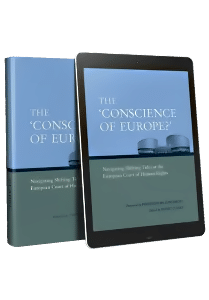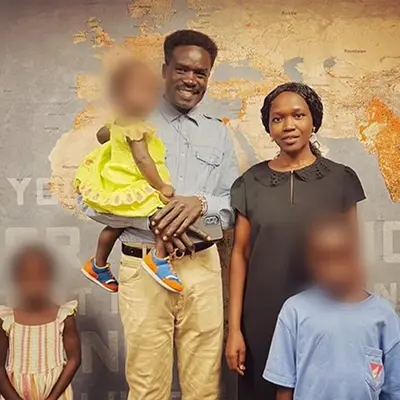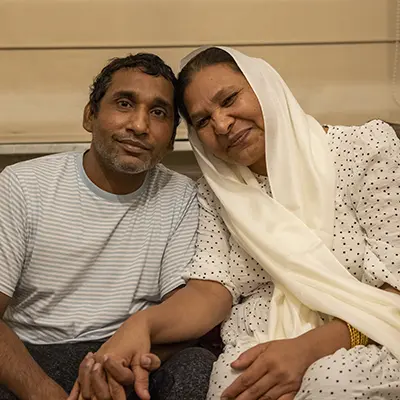
Robert Clarke
DIRECTOR OF ADVOCACY
Robert Clarke serves the Director of Advocacy for ADF International at its office in London, United Kingdom.
Robert Clarke is a leading human rights lawyer and serves as Director of Advocacy at ADF International. Based in London, he oversees a global team working across five continents and more than 100 countries on legal strategies to advance the right to live and speak the truth.
A qualified barrister and expert in international and European human rights law, Clarke has argued or made interventions in more than 20 landmark cases before the European Court of Human Rights — the continent’s highest human rights tribunal. His work spans life-and-death matters such as Mortier v. Belgium in which the Court found Belgium in breach of the right to life in respect of a euthanasia case), and key free speech and religious freedom cases like Tonchev v. Bulgaria, successfully challenging the state’s discrimination against a minority Christian community.
Before joining ADF International, Clarke prosecuted serious medical misconduct cases for a UK healthcare regulator and practiced criminal and regulatory law in London. He is admitted to the Bar of England and Wales.
He frequently advises lawmakers and has written and spoken on issues including the right to free expression, parental rights, religious freedom, and the evolving landscape of human rights in Europe and beyond.
Clarke is the editor of The ‘Conscience of Europe?’: Navigating Shifting Tides at the European Court of Human Rights (Kairos, 2017), and a contributor to Religious Beliefs and Conscientious Exemptions in a Liberal State (Hart, 2019).
He earned his LLB in Law with American Law from the University of Nottingham with honours, completing a year at the University of Virginia School of Law. He is a Blackstone Fellow (2012) and a voice for principled legal engagement in a rapidly changing world.
Publications
The European Court of Human Rights has the monumental task of protecting the most fundamental freedoms of more than 800 million citizens across 47 States. That’s a significant challenge given that the Court is asked to reconcile substantial disagreements between these States on controversial issues—and views on marriage, family, sanctity of life, and religious freedom are far less cohesive now than when the European Convention on Human Rights was drafted. Get one copy here now!








